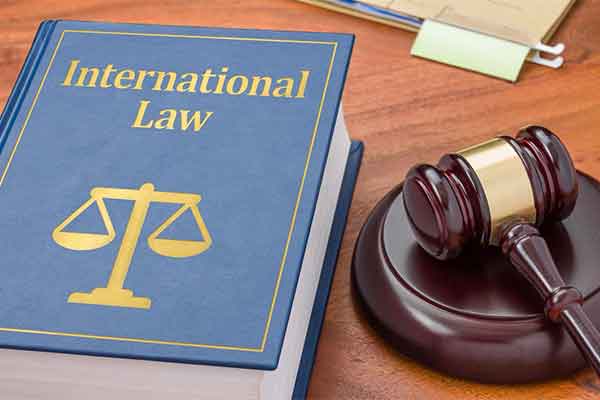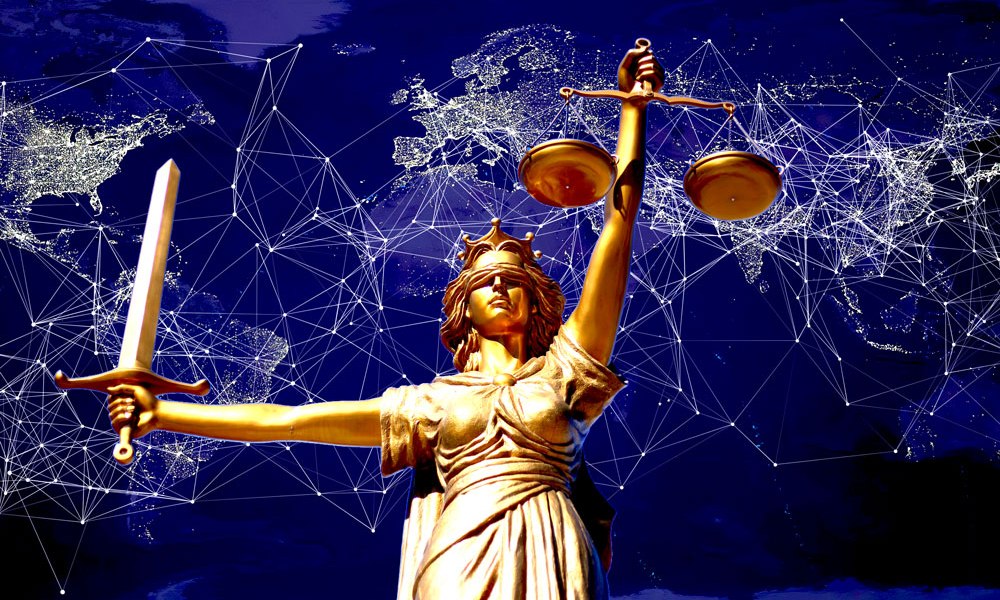International law is an essential tool that helps to resolve global conflicts and disputes. It is a set of rules and regulations that govern the relationships between nations, organizations, and individuals. The primary purpose of international law is to promote peace, justice, and stability in the international community.
The Importance of International Law

International law plays a crucial role in resolving global disputes. It provides a framework for resolving conflicts and disputes in a peaceful and orderly manner. International law sets out the rules that all nations must follow, which helps to prevent conflicts and disputes from escalating into violence or war.
International law is also important because it promotes cooperation and collaboration between nations. It provides a mechanism for nations to work together to solve common problems and challenges, such as climate change, terrorism, and human rights abuses. International law creates a level playing field for all nations, regardless of their size, power, or wealth.
The Role of International Organizations
International organizations, such as the United Nations (UN), play a critical role in enforcing international law and resolving global disputes. The UN is responsible for maintaining international peace and security, promoting human rights, and providing humanitarian assistance to those in need.
The UN has several bodies that are dedicated to resolving global disputes. These include the International Court of Justice, which settles legal disputes between nations, and the Security Council, which has the power to authorize military action and impose sanctions on nations that violate international law.
Challenges to International Law

Despite the importance of international law, there are several challenges to its effectiveness in resolving global disputes. One of the main challenges is the lack of enforcement mechanisms. International law relies on nations to voluntarily abide by its rules and regulations, which can be difficult to enforce when nations have conflicting interests.
Another challenge is the lack of universal acceptance of international law. Some nations reject certain aspects of international law, such as human rights or environmental regulations, which can lead to conflicts and disputes with other nations.
International law is a vital tool for resolving global conflicts and disputes. It promotes peace, justice, and stability in the international community and provides a framework for cooperation and collaboration between nations. However, there are challenges to its effectiveness, including the lack of enforcement mechanisms and universal acceptance. Despite these challenges, international law remains an essential component of the global system and will continue to play a crucial role in resolving global disputes.

